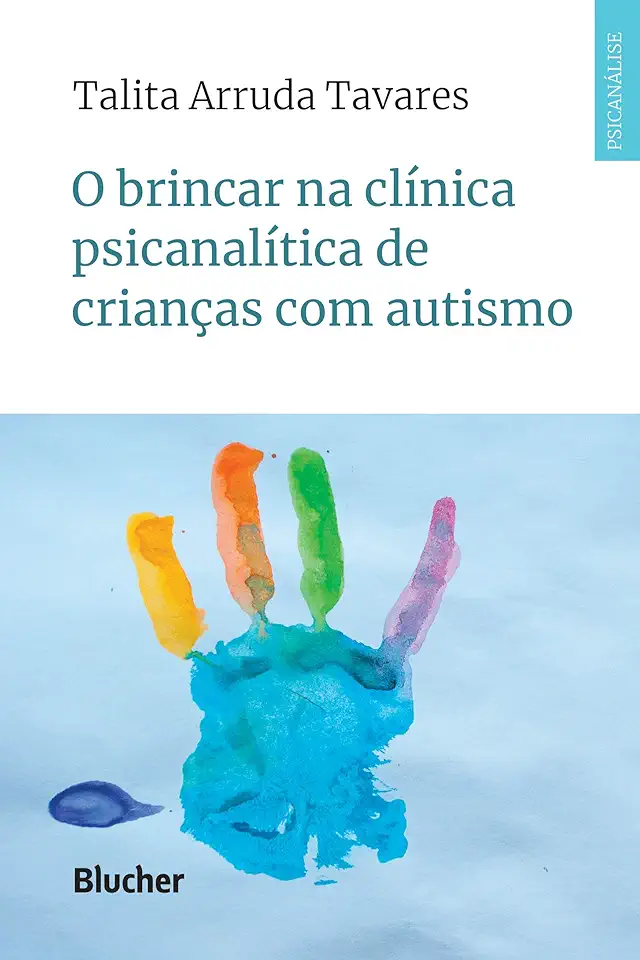
Play in the Psychoanalytic Clinic for Children with Autism - Tavares, Talita Arruda
Play in the Psychoanalytic Clinic for Children with Autism: A Comprehensive Guide
Introduction
Autism is a complex neurodevelopmental disorder that affects a child's ability to communicate, interact with others, and learn. While there is no cure for autism, there are a variety of treatments that can help children with autism reach their full potential. One such treatment is play therapy.
Play therapy is a type of psychotherapy that uses play as a way to help children express their thoughts and feelings. Play therapy can help children with autism develop their social skills, communication skills, and emotional regulation skills. It can also help children with autism learn how to cope with stress and anxiety.
The Psychoanalytic Approach to Play Therapy
The psychoanalytic approach to play therapy is based on the belief that children's play is a way for them to express their unconscious thoughts and feelings. Play therapy provides a safe and supportive environment in which children can explore their inner world and work through their emotional conflicts.
In the psychoanalytic clinic, the therapist observes the child's play and uses their observations to help the child understand their own thoughts and feelings. The therapist may also use play to help the child develop new coping mechanisms and strategies for dealing with stress.
Play Therapy Techniques
There are a variety of play therapy techniques that can be used with children with autism. Some of the most common techniques include:
- Free play: This type of play allows the child to choose their own toys and activities. The therapist observes the child's play and uses their observations to help the child understand their own thoughts and feelings.
- Structured play: This type of play involves the therapist providing the child with specific toys or activities. The therapist uses the child's play to help them develop specific skills, such as social skills or communication skills.
- Role-playing: This type of play allows the child to act out different roles and situations. Role-playing can help the child to explore their own thoughts and feelings, and to learn how to cope with different situations.
- Sandplay: This type of play involves the child using sand, water, and other materials to create a world of their own. Sandplay can help the child to express their unconscious thoughts and feelings, and to work through their emotional conflicts.
Benefits of Play Therapy for Children with Autism
Play therapy can offer a number of benefits for children with autism, including:
- Improved social skills
- Improved communication skills
- Improved emotional regulation skills
- Reduced stress and anxiety
- Increased self-esteem
- Enhanced creativity
- Improved problem-solving skills
- Increased resilience
Conclusion
Play therapy is a valuable treatment for children with autism. It can help children with autism develop the skills they need to reach their full potential. If you are the parent of a child with autism, I encourage you to consider play therapy as a treatment option.
Call to Action
If you are interested in learning more about play therapy for children with autism, I encourage you to contact a mental health professional who specializes in autism. They can help you determine if play therapy is right for your child.